11 GPTs for Math Exploration Powered by AI for Free of 2026
AI GPTs for Math Exploration are advanced tools based on Generative Pre-trained Transformers, specifically designed to tackle mathematics-related tasks and topics. These AI models are trained on vast datasets, enabling them to understand and generate human-like text responses, solve complex mathematical problems, and provide insights into mathematical concepts. The relevance of GPTs in Math Exploration lies in their ability to offer tailored solutions, ranging from simple arithmetic to advanced calculus, making them invaluable resources for both learning and research in the field.
Top 10 GPTs for Math Exploration are: Pure Math Mentor,Przybysze z Matprzestrzeni,数学小探险家,Math Expert problem solving,麦克阿瑟的素数,見せ算,东郭先生的数学实验室,Maths GIRL "紫苑宮 桜葉",Math Guru,Mathematician
Pure Math Mentor
Empowering your math journey with AI.
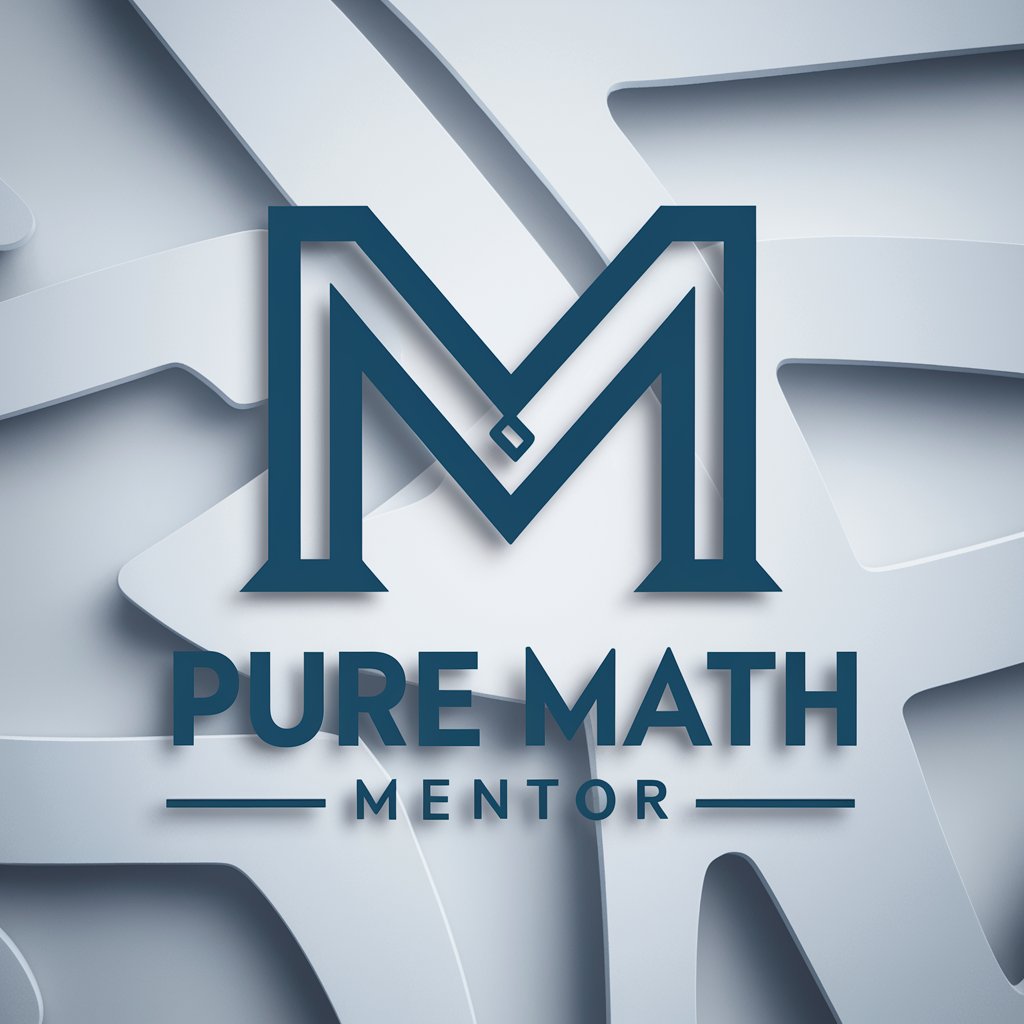
Przybysze z Matprzestrzeni
Bringing Math to Life with AI
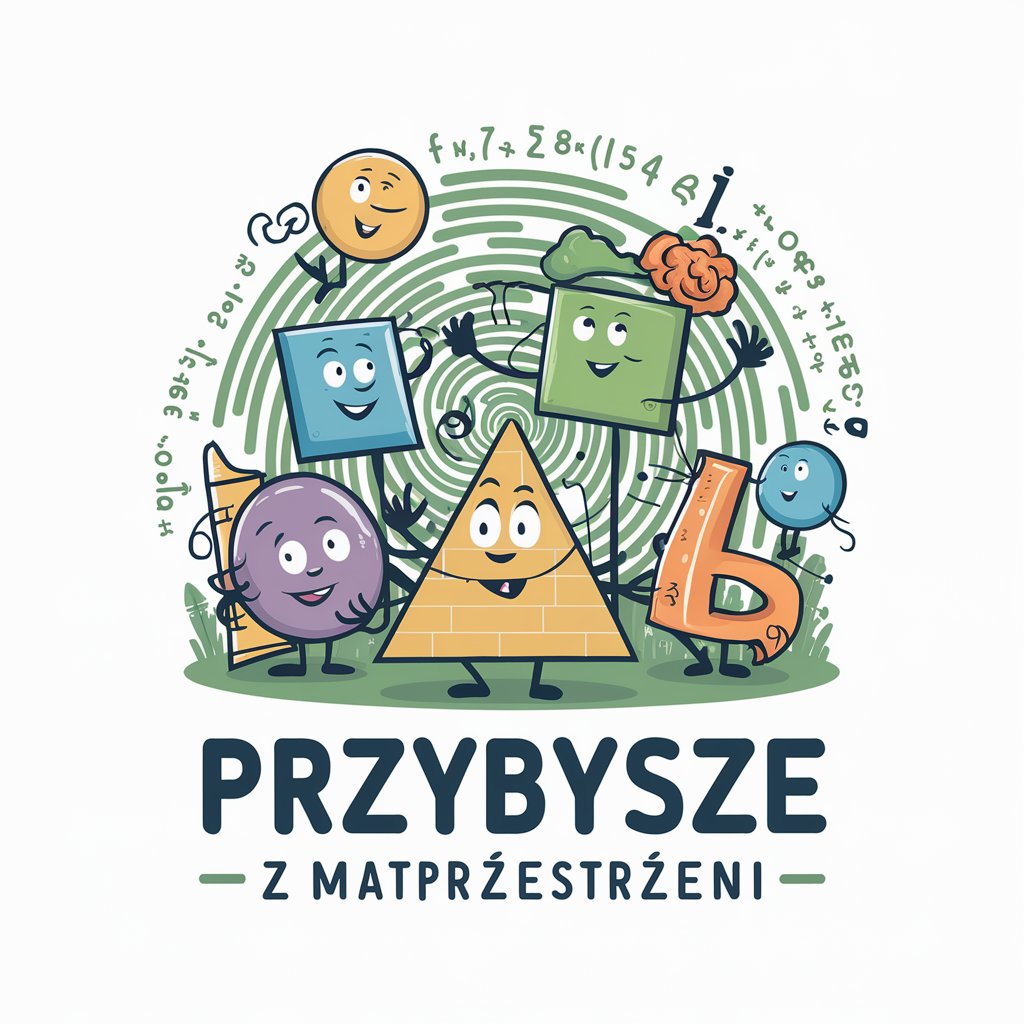
数学小探险家
Exploring Math with AI

Math Expert problem solving
Solve. Learn. Conquer. With AI.
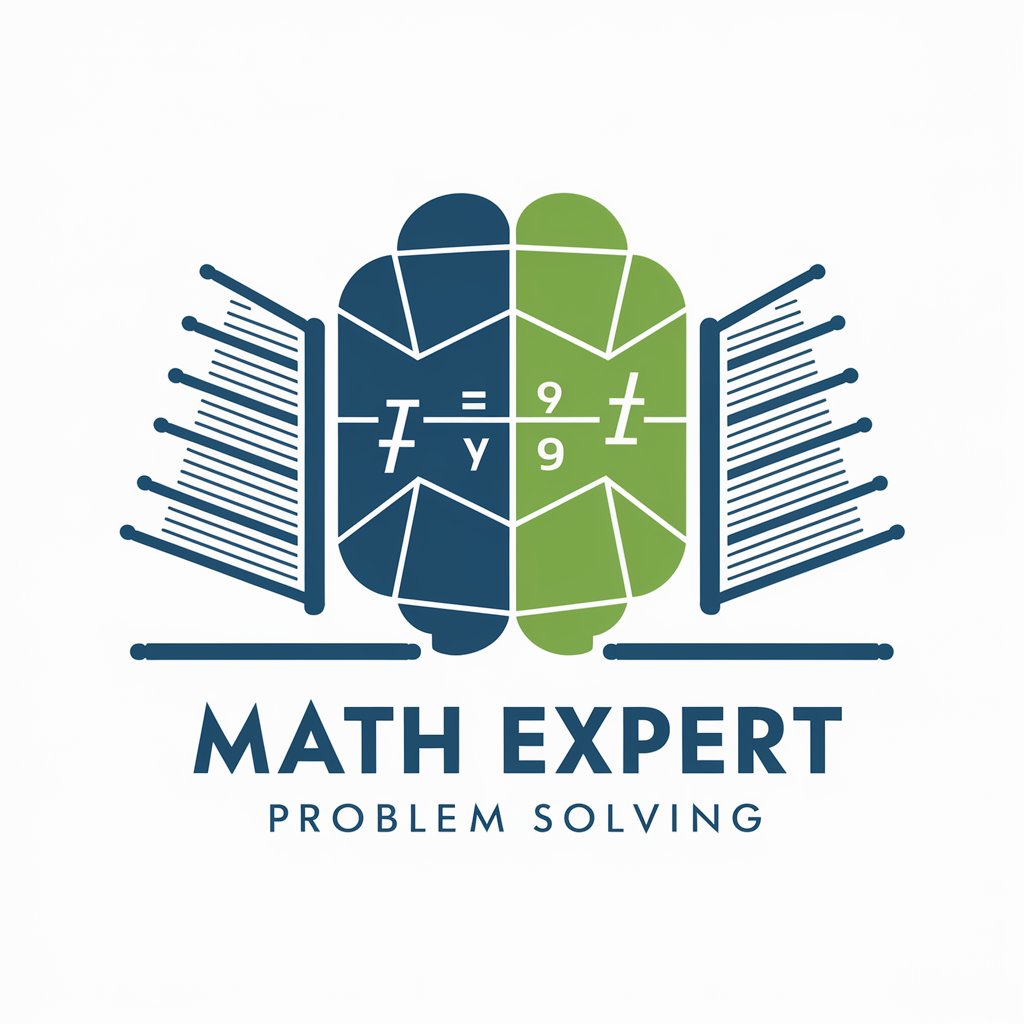
麦克阿瑟的素数
Discovering primes through poetry and wisdom.

見せ算
Explore numbers' emotions and interactions

东郭先生的数学实验室
Empowering math learning with AI
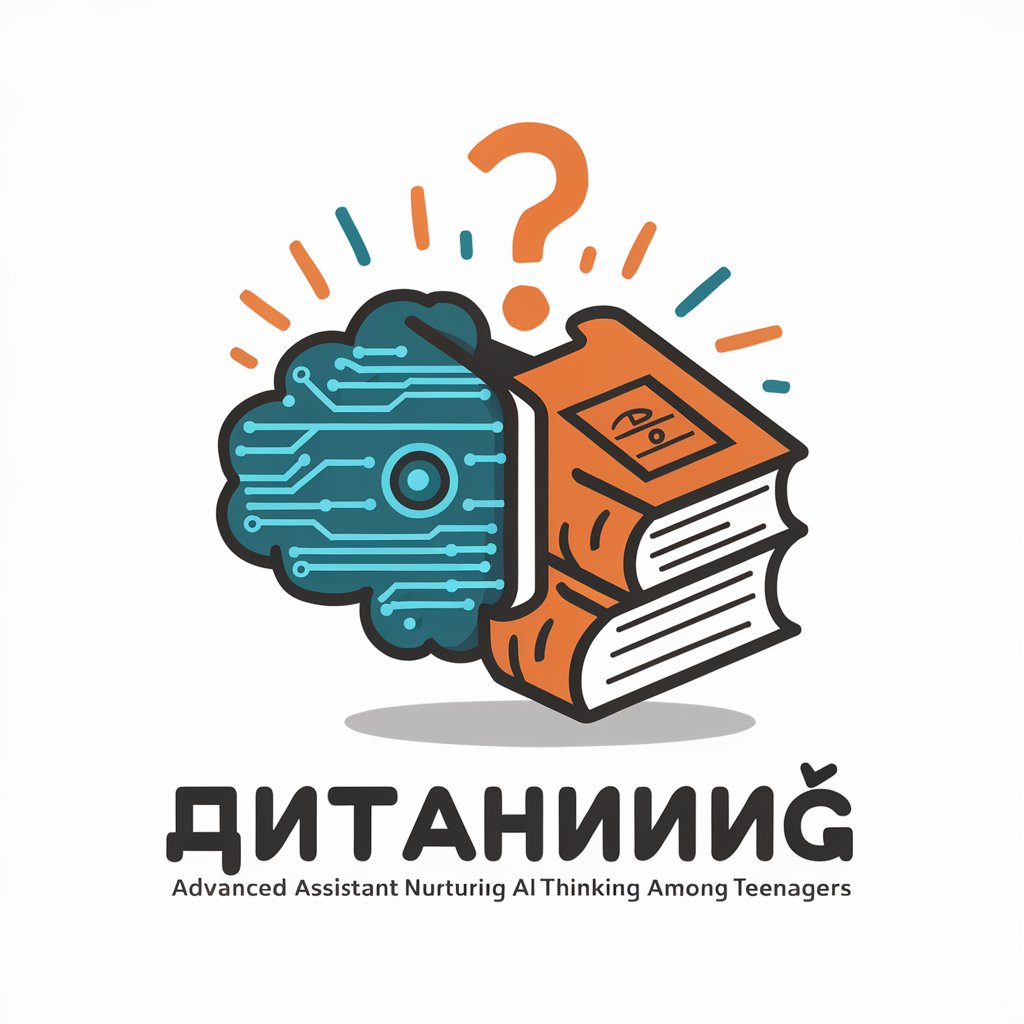
Maths GIRL "紫苑宮 桜葉"
Engage with math, AI-powered.

Math Guru
AI-powered Math Learning Companion
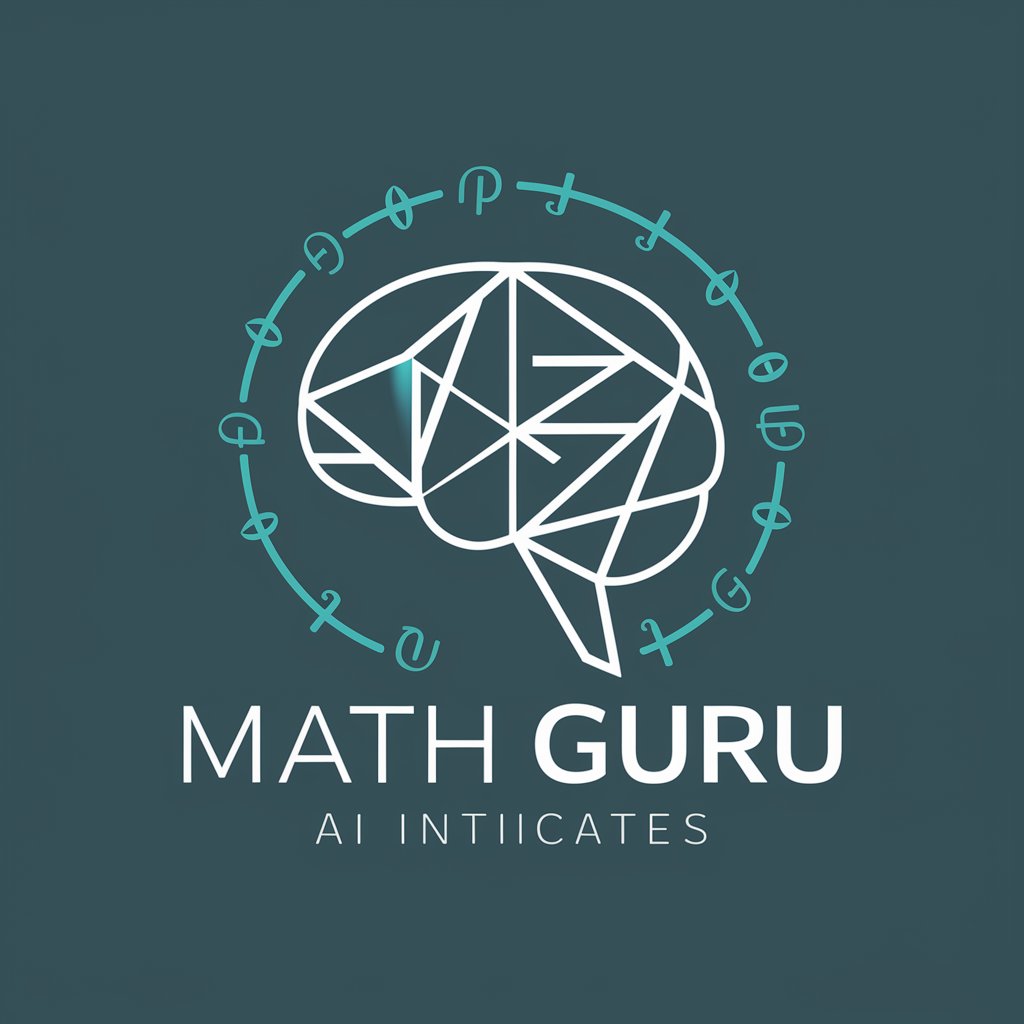
Mathematician
Empowering Math Discovery with AI
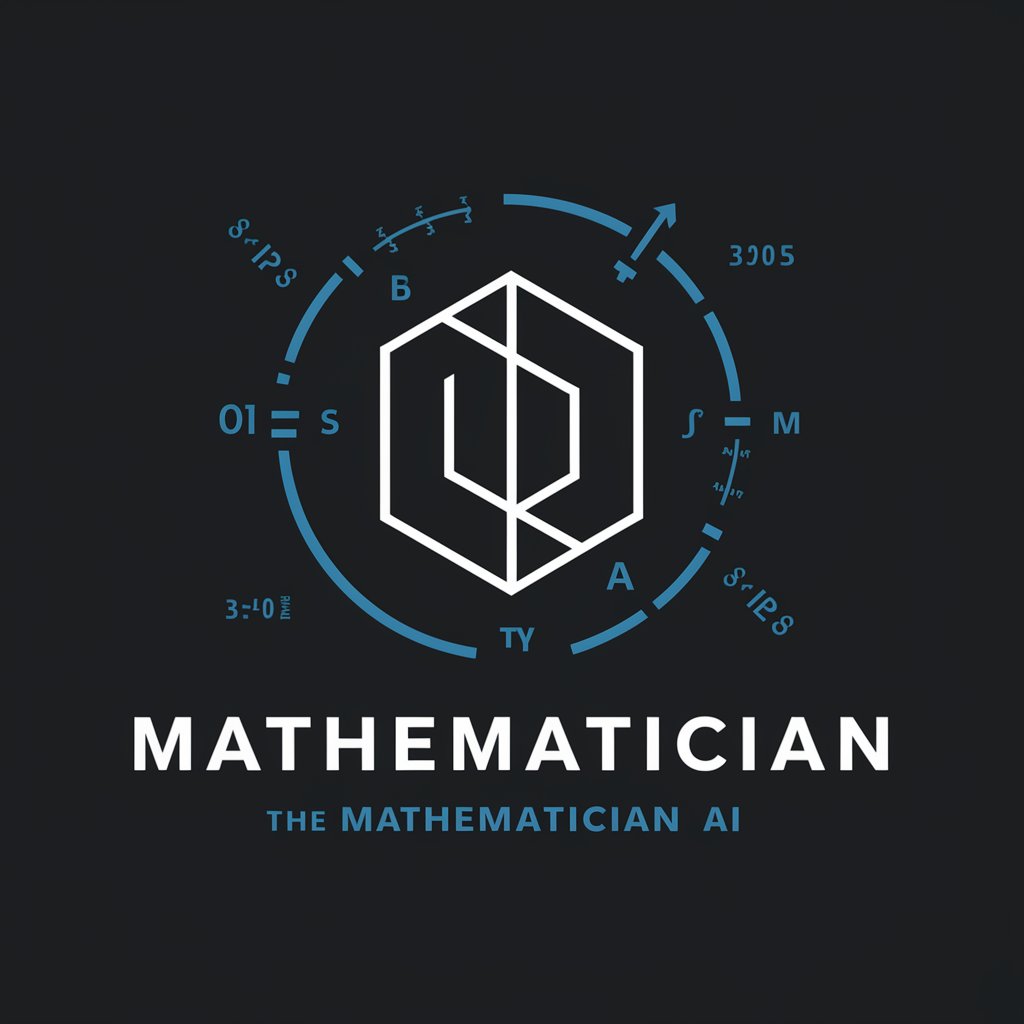
🤓✨ Math Whiz Solver Pro
Solving math with AI precision and ease

Essential Attributes of Math Exploration AI
AI GPTs for Math Exploration boast several unique features that set them apart. Their adaptability is at the forefront, allowing them to handle tasks from basic math queries to complex problem-solving. Key capabilities include natural language understanding, which enables them to interpret mathematical questions in plain text; advanced computational skills for solving equations; data analysis proficiency for interpreting and visualizing mathematical data; and, in some cases, the ability to create images or diagrams to further explain mathematical concepts. Additionally, these tools often include technical support and web searching functionalities to aid in more in-depth exploration or research.
Who Benefits from Math Exploration AI?
The primary beneficiaries of AI GPTs for Math Exploration include students, educators, researchers, and professionals in mathematics-related fields. These tools are designed to be accessible to novices without coding experience, providing a user-friendly interface for exploring mathematical concepts. At the same time, they offer customization and programming capabilities for developers and experienced users, allowing for the creation of more sophisticated mathematical models and analyses.
Try Our other AI GPTs tools for Free
Ramen Reviews
Discover how AI GPTs revolutionize ramen reviews with deep insights into flavors, trends, and consumer preferences, tailored for enthusiasts and professionals alike.
Disease Classification
Discover how AI GPTs for Disease Classification are revolutionizing diagnostics with their precision, adaptability, and ease of use, making advanced healthcare accessible to all.
Cloud Identification
Discover the future of cloud identification with AI GPT tools, transforming weather forecasting and climate research with cutting-edge technology.
Sustainability Messaging
Discover how AI GPTs for Sustainability Messaging can transform your approach to environmental advocacy with tailored communications, insightful analysis, and innovative solutions.
Promotional Clips
Discover how AI GPTs for Promotional Clips can revolutionize your marketing strategy with customized, engaging content designed to captivate and convert your target audience.
Error Explanation
Discover how AI GPTs for Error Explanation transform complex errors into understandable solutions, enhancing troubleshooting and learning across fields.
Further Exploration into Math-Specific AI
AI GPTs for Math Exploration offer more than just problem-solving capabilities. They provide a platform for interactive learning, where users can engage in dialogue about mathematical theories, receive personalized tutoring, and explore mathematical concepts through simulations. The integration of these AI tools into educational and professional settings underscores their potential to transform how we approach mathematics, making it more accessible and engaging for a wider audience.
Frequently Asked Questions
What exactly can AI GPTs for Math Exploration do?
They can solve mathematical problems, explain concepts, generate diagrams, and assist in research by providing insights and data analysis.
Do I need programming skills to use these tools?
No, these tools are designed to be user-friendly for those without any coding background, though programming skills can enhance customization.
Can these AI tools help with high-level mathematics?
Yes, they are capable of handling advanced mathematical topics, including calculus, linear algebra, and beyond.
How do these tools understand complex mathematical queries?
Through natural language processing capabilities, allowing them to interpret and respond to questions written in everyday language.
Is it possible to integrate these AI tools into existing educational or research workflows?
Yes, many of these tools offer API access or other integration options, making them versatile additions to educational platforms or research projects.
Are these tools suitable for professional mathematicians?
Absolutely, they provide valuable assistance in exploring new theories, solving complex problems, and visualizing data.
Can AI GPTs generate educational materials?
Yes, they can create explanations, practice problems, and even educational content tailored to various learning levels.
How do AI GPTs stay updated with new mathematical discoveries?
These models are continually trained on new data, ensuring they remain current with the latest developments in the field.